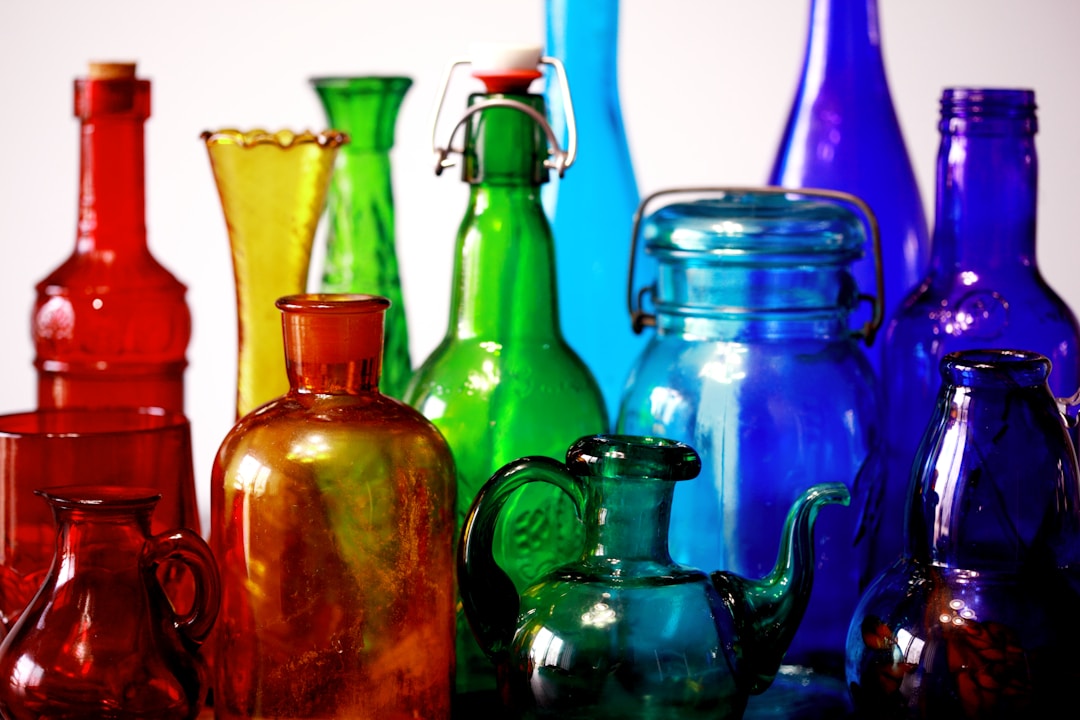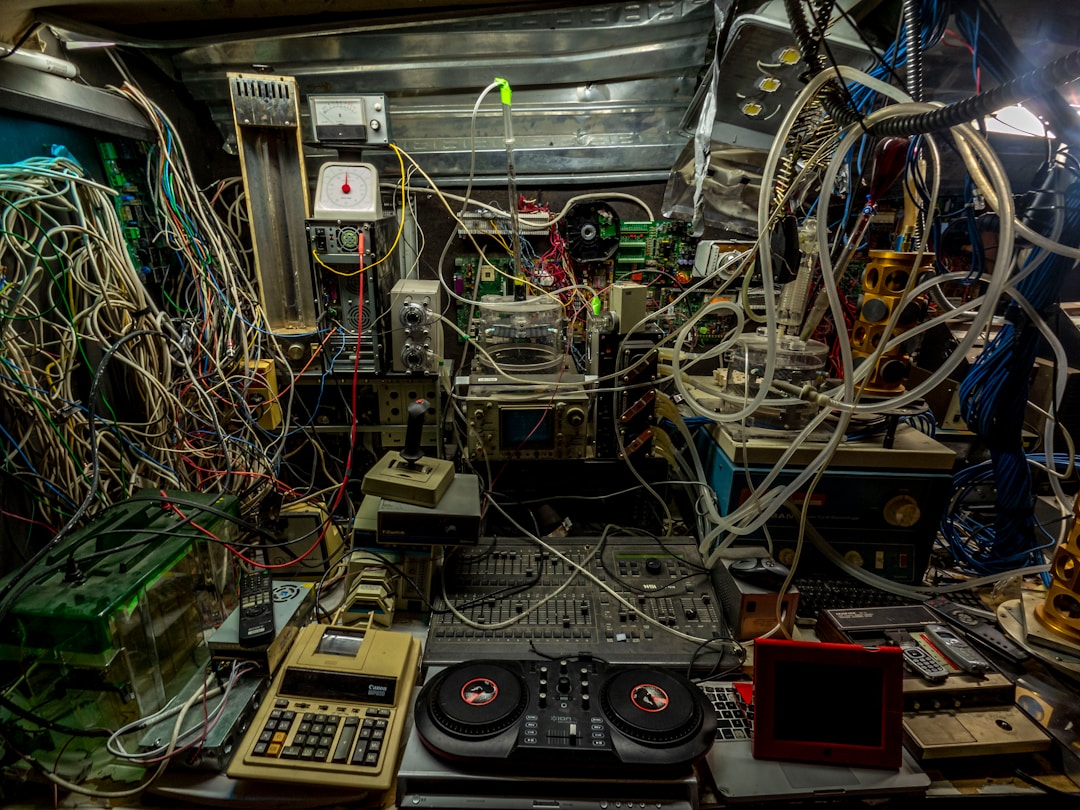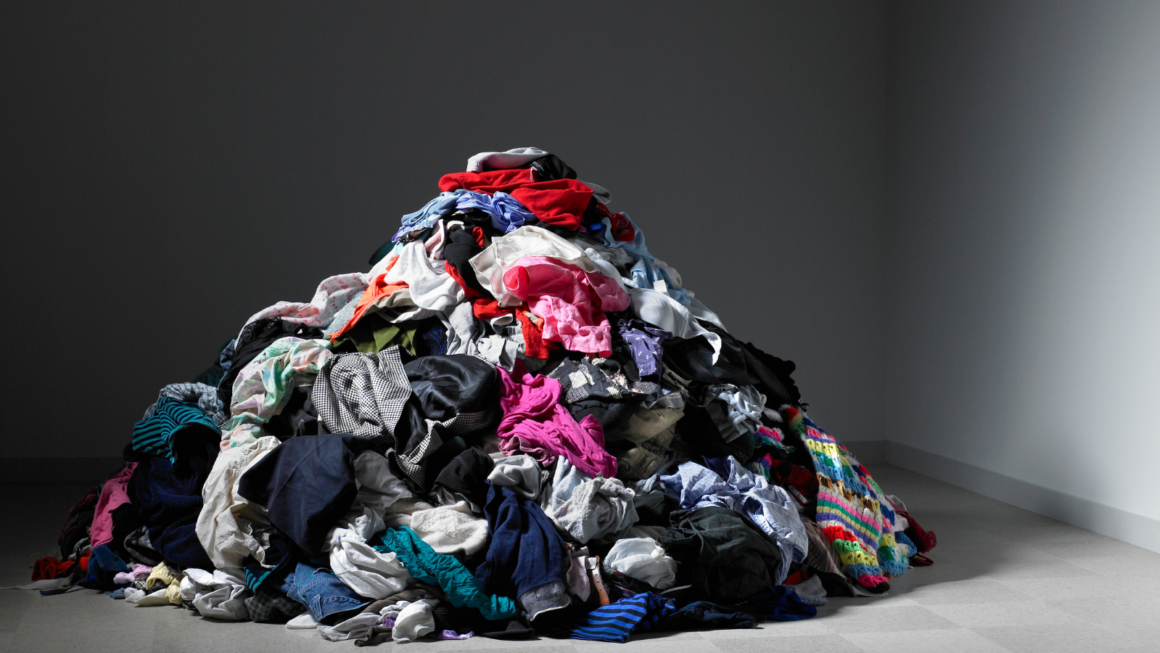Most people know of the series Hoarders and may even recall watching a few episodes. However, there’s much more to the concept than a reality show, at least in a clinical sense. According to Merriam-Webster, the psychological definition of hoarding refers to “the compulsion to continually accumulate a variety of items that are often considered useless or worthless by others accompanied by an inability to discard the items without great distress.” This manifests through extensive piles of belongings, even when others would consider these items trash. Many people with this mental health concern may recognize that their clutter is excessive, raising feelings of embarrassment or overwhelm.
Why would someone hoard belongings?

Like any mental health condition, hoarding or hoarding disorder has a prominent emotional component. For some, this might be fear. In these cases, the hoarder worries that an item will be useful or offer high value in the future. Others might feel a sentimental attachment to these items or consider them crucial to remembering moments or relationships in their life. In any case, one thing is for sure: removing these belongings creates severe discomfort for those suffering from hoarding behaviors.
Is collecting just hoarding?

The emotions behind a group of belongings offer the vital difference between hoarding and collecting. Most notably, a collector is typically proud of the pieces they’ve acquired, even if they boast an unconventional sort of collection. For hoarders, they’ll overwhelmingly find negative emotions associated with their belongings, even if they’re pretty good at hiding the more intense feelings. Even if negative feelings are subconscious or seemingly nonexistent, hoarding will reduce the person’s ability to display items in the organized way a collector typically will.
Is it hoarding or hoarding disorder?

Hoarding, as a concept, is often a symptom of other mental health conditions, such as obsessive-compulsive disorder (OCD), depression, or attention deficit-hyperactivity disorder (ADHD). However, this can also be a condition in its own right, known as hoarding disorder. Classified by the DSM-5 under Obsessive-Compulsive and Related Disorders, hoarding disorder is diagnosed based on three particular symptoms:
- Difficulty disposing of possessions regardless of value
- Distress and discomfort in regards to disposing of possessions
- Unusable living spaces, overfilled with belongings
Not all hoarding tendencies are clinically diagnosed as hoarding disorder, and many people may go undiagnosed even if they do meet the diagnostic criteria. With that in mind, it’s unsurprising that many people with hoarding symptoms will benefit from treatments intended to ease hoarding disorder and its symptoms.
How can someone get help?

For more minor symptoms of hoarding—typically not to the level of hoarding disorder—hoarders and their loved ones may be able to tackle the issue themselves. With proper support, compassion, and empathy, a person may move through their belongings and come to terms with the clutter and artificial sense of value. If the person is open to the prospect, it may help to move some items into storage to sort through their belongings. When you use a self storage unit when decluttering, you’re better able to address each item—a crucial personal touch for someone struggling with hoarding tendencies. Then, the person can sort through possessions left at home with fewer distractions or move through items in the storage unit to separate themselves from their overwhelming surroundings.
Even in these DIY treatments, though, mental health professionals can be an asset. For instance, you might search “therapy near me” and discover psychologists in your area. Then, you can search for the best therapists or psychiatrists with years of experience supporting those with hoarding tendencies or hoarding disorder. Then, counseling, be it one-on-one or in a group setting, can help the person (you or someone you care about) to understand their symptoms and condition better.
People of all ages can deal with hoarding tendencies and hoarding disorder more specifically. If you or someone you care about shows hoarding tendencies or symptoms of hoarding disorder, certain types of therapy, tied with plenty of emotional support, can help create coping mechanisms and teach you how to work through these symptoms and their impact on life.




